Rose Water Toner: A Refreshing Addition to Your Skincare Routine
Introduction
In the realm of skincare, natural ingredients have been revered for centuries. One such ingredient that has stood the test of time is rose water. Its uses date back to ancient civilizations, where it was treasured for its therapeutic and cosmetic properties. In modern skincare, rose water toner has become a staple, celebrated for its refreshing and rejuvenating benefits. This article delves deep into the world of rose water toner, exploring its benefits and uses and answering common questions to provide a comprehensive guide for incorporating this natural elixir into your skincare routine.
What is a Rose Water Toner?
The Origin and History of Rose Water
Rose water is a by-product of the distillation process used to extract rose oil from rose petals. This fragrant liquid has been used for thousands of years in various cultures for its medicinal and cosmetic properties. Historical records show its use in ancient Egypt, Greece, and Rome, where it was a symbol of beauty and luxury.
The Process of Making Rose Water Toner
Creating rose water involves distilling fresh rose petals with steam. This process captures the essential oils and compounds from the petals, resulting in a fragrant and nutrient-rich liquid. When used as a toner, rose water can balance the skin’s pH, reduce redness, and provide a burst of hydration.
The Benefits of Rose Water Toner
Hydration and Moisture
Rose water toner is an excellent hydrator for the skin. Its natural properties help to lock in moisture, keeping the skin soft and supple. This is particularly beneficial for those with dry or sensitive skin, as it provides a gentle, non-irritating source of hydration.
Anti-Inflammatory Properties
One of the most notable benefits of rose water is its anti-inflammatory effects. It can reduce redness and soothe irritated skin, making it ideal for conditions such as acne, rosacea, and eczema. The cooling effect of rose water can also help calm sunburned skin.
Antioxidant-Rich
Rose water is packed with antioxidants that help to strengthen skin cells and regenerate skin tissues. These antioxidants can shield the skin from free radical damage, which is known to hasten the aging process.
Balances Skin’s pH
Maintaining the skin’s natural pH balance is crucial for healthy skin. Rose water toner aids in restoring and maintaining the skin’s pH balance, which can frequently be off due to harsh cleansers and environmental factors.
Antibacterial and Antiseptic
Rose water has natural antibacterial and antiseptic properties that can help prevent and treat infections. This makes it a valuable addition to acne-prone skincare routines, as it can reduce the bacteria that cause acne while also soothing inflammation.
Enhances Mood
The aroma of roses is known to be uplifting and calming. Using rose water toner can provide aromatherapeutic benefits, enhancing mood and reducing stress levels. This makes it not only beneficial for the skin but also for overall well-being.
How to Use Rose Water Toner in Your Skincare Routine
As a Toner
The most common way to use rose water is as a toner. After cleansing your face, apply rose water using a cotton pad or spritz it directly onto your skin. This helps to remove any remaining impurities and prepares your skin for the next steps in your routine.
As a Makeup Remover
Rose water can also be used as a gentle makeup remover. Its hydrating properties make it effective in removing makeup without stripping the skin of its natural oils. Simply apply rose water to a cotton pad and gently wipe away makeup.
As a Face Mist
For a refreshing pick-me-up throughout the day, use rose water as a face mist. This can help to hydrate and revitalize your skin, especially in dry or air-conditioned environments. Keep a small bottle in your bag for easy access.
Face Masks
Incorporate rose water into your DIY face masks. Mix it with ingredients like clay, honey, or yogurt to create a hydrating and soothing mask. This enhances the benefits of the mask and provides additional nourishment to the skin.
In Bath Water
Add a few tablespoons of rose water to your bath for a luxurious and relaxing experience. This not only hydrates your skin but also provides a calming aroma that can help reduce stress.
Choosing the Right Rose Water Toner
Pure vs. Commercial Rose Water
When selecting rose water toner, it’s important to choose a pure product without additives or preservatives. Many commercial products contain alcohol or synthetic fragrances that can irritate the skin. Look for 100% pure rose water or products that list natural ingredients.
Reading Labels
Always read the labels of skincare products. Ensure that the rose water toner you choose is free from harmful chemicals and contains high-quality ingredients. Organic rose water is a great option for those seeking a more natural product.
DIY Rose Water Toner
For those who prefer a hands-on approach, making your rose water toner at home is simple and rewarding. All you need are fresh rose petals and distilled water. Simmer the petals in water, strain them, and store the liquid in a spray bottle for a homemade toner free from preservatives.
Incorporating Rose Water Toner into Different Skin Types
For Dry Skin
Rose water toner is ideal for dry skin due to its hydrating properties. Use it after cleansing to lock in moisture and prepare your skin for additional hydrating products like serums and moisturizers.
For Oily Skin
For those with oily skin, rose water toner can help balance oil production without clogging pores. Its natural astringent properties tighten pores and reduce the appearance of excess oil, leaving your skin feeling fresh and clean.
For Sensitive Skin
Sensitive skin types benefit greatly from the soothing properties of rose water. Its gentle nature helps to reduce irritation and redness. Look for pure rose water without any added fragrances or alcohol to avoid potential irritants.
For Combination Skin
Rose water toner is versatile enough to benefit combination skin. It hydrates dry areas while balancing oil production in the T-zone. This makes it an excellent choice for those with combination skin who need to address different concerns simultaneously.
For Mature Skin
Mature skin can benefit from the antioxidant properties of rose water toner. Regular use can help reduce the appearance of fine lines and wrinkles while also providing hydration and improving skin elasticity.
Common Misconceptions About Rose Water Toner
It’s Only for Women
Rose water toner is beneficial for all genders. Its hydrating and soothing properties are universally applicable, making it a great addition to any skincare routine, regardless of gender.
It Causes breakdowns
Pure rose water is unlikely to cause breakouts. Its antibacterial properties can help prevent acne. However, it’s important to choose a product that is free from added chemicals that could potentially irritate the skin.
It’s Not Effective for Severe Skin Issues
While rose water toner is not a cure-all, it can significantly improve the overall health and appearance of the skin. For severe skin issues, it’s best used as part of a comprehensive skincare routine or in conjunction with treatments recommended by a dermatologist.
All Rose Water tones Are the Same
Not all rose water toners are created equal. The quality of the roses used, the distillation process, and the absence of additives can all affect the efficacy of the product. Always choose high-quality, pure rose water for the best results.
Frequently Asked Questions About Rose Water Toner
1. What is rose water toner good for?
Rose water toner is good for hydrating the skin, balancing pH levels, reducing redness and inflammation, and providing antioxidant protection.
2. Can rose water toner be used daily?
Yes, rose water toner can be used daily. It is gentle enough for regular use and can be incorporated into both morning and evening skincare routines.
3. Can rose water toner help with acne?
Rose water toner has antibacterial and anti-inflammatory properties that can help reduce acne. It helps to cleanse the skin, reduce redness, and prevent breakouts.
4. How should I store rose water toner?
Store rose water toner in a cool, dark place away from direct sunlight. You can also keep it in the refrigerator for an added cooling effect when applied to the skin.
5. Can I use rose water toner as a setting spray?
Yes, rose water toner can be used as a setting spray to help set makeup and provide a dewy finish. Spritz it lightly over your finished makeup for a refreshing touch.
6. Is rose water toner suitable for all skin types?
Rose water toner is suitable for all skin types, including dry, oily, sensitive, combination, and mature skin. It provides hydration, soothes irritation, and balances oil production.
7. How long does rose water toner last?
Pure rose water toner can last up to six months if stored properly. Check the expiration date on commercial products and follow storage recommendations to ensure longevity.
8. Can rose water toner lighten dark spots?
While rose water toner can help improve overall skin tone and reduce redness, it is not specifically formulated to lighten dark spots. For targeted treatment, consider products with ingredients like vitamin C or niacinamide.
9. What is the difference between rose water and rose water toner?
Rose water is a pure distilled liquid from rose petals, while rose water toner may contain additional ingredients like glycerin or aloe vera to enhance its benefits. Always check the ingredient list.
10. Can I make my rose water toner at home?
Yes, you can make your rose water toner at home using fresh rose petals and distilled water. Simmer the petals in water, strain them, and store the liquid in a spray bottle.
11. How do I use rose water toner in my skincare routine?
Use rose water toner after cleansing your face. Apply it with a cotton pad or spritz it directly onto your skin. Follow with serums, moisturizers, and sunscreen as needed.
12. Can rose water toner be used on hair?
Yes, rose water toner can be used on hair to hydrate and add shine. Spritz it onto your hair or scalp for a refreshing and nourishing boost.
13. Does rose water toner have a strong scent?
Rose water toner typically has a mild, pleasant rose scent. Pure rose water should not have an overpowering fragrance, indicating the absence of synthetic additives.
14. Can I use rose water toner if I have rosacea?
Rose water toner is often recommended for rosacea due to its anti-inflammatory and soothing properties. However, it’s always best to do a patch test and consult with a dermatologist.
15. Is rose water toner safe during pregnancy?
Rose water toner is generally considered safe during pregnancy. Its natural ingredients and gentle properties make it a suitable choice for expectant mothers.
16. Can rose water toner help with oily skin?
Yes, rose water toner can help balance oil production and tighten pores, making it beneficial for oily skin. It helps to control excess sebum without drying out the skin.
17. Does rose water toner expire?
Yes, rose water toner can expire. Always check the expiration date on the product and store it properly to ensure its effectiveness and safety.
18. Can rose water toner cause allergic reactions?
While rare, some individuals may be allergic to rose water. It’s important to do a patch test before using it extensively on your skin to ensure there are no adverse reactions.
19. Can I use rose water toner around my eyes?
Yes, rose water toner can be used around the eyes to soothe and hydrate the delicate skin in that area. Be gentle, and avoid getting it directly into your eyes.
20. How often should I use rose water toner?
Rose water toner can be used twice daily, in the morning and evening, as part of your skincare routine. Adjust usage based on your skin’s needs and response to the product.
Conclusion
Incorporating rose water toner into your skincare routine offers a multitude of benefits, from hydration and soothing inflammation to balancing pH levels and providing antioxidant protection. Whether you have dry, oily, sensitive, or mature skin, rose water toner can be a versatile and effective addition to your daily regimen. By understanding its properties, benefits, and proper usage, you can enhance your skincare routine and enjoy healthier, more radiant skin.

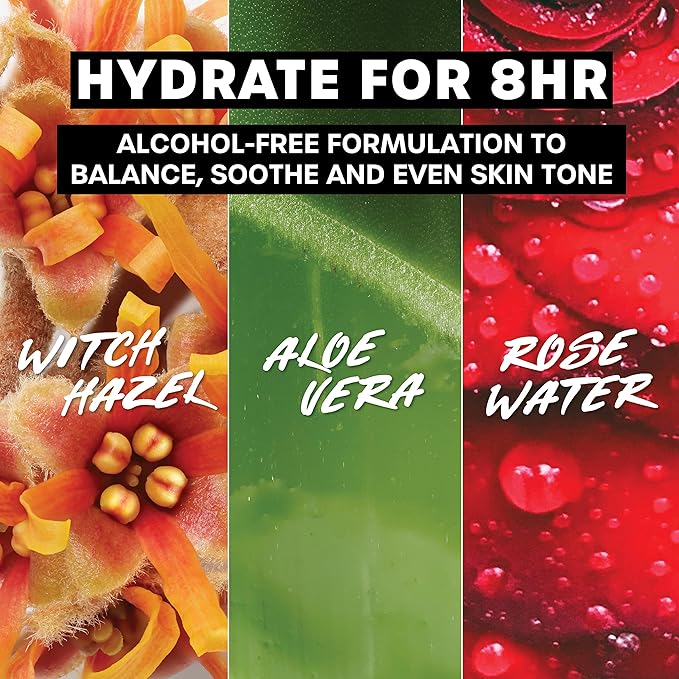
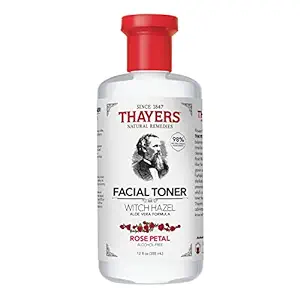
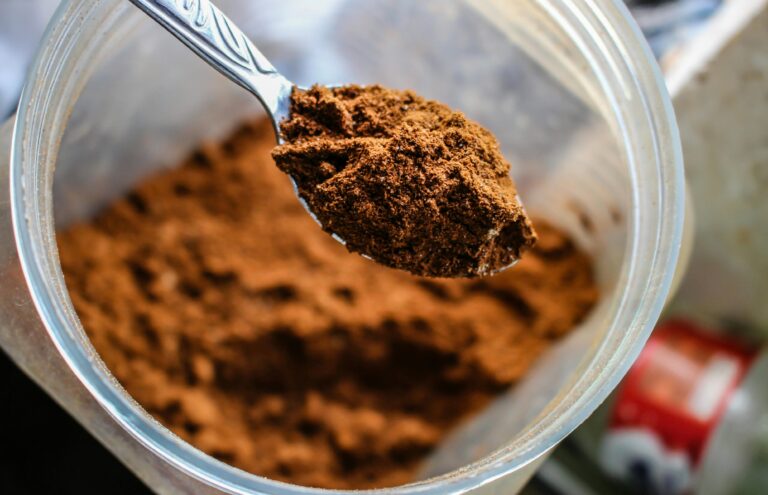

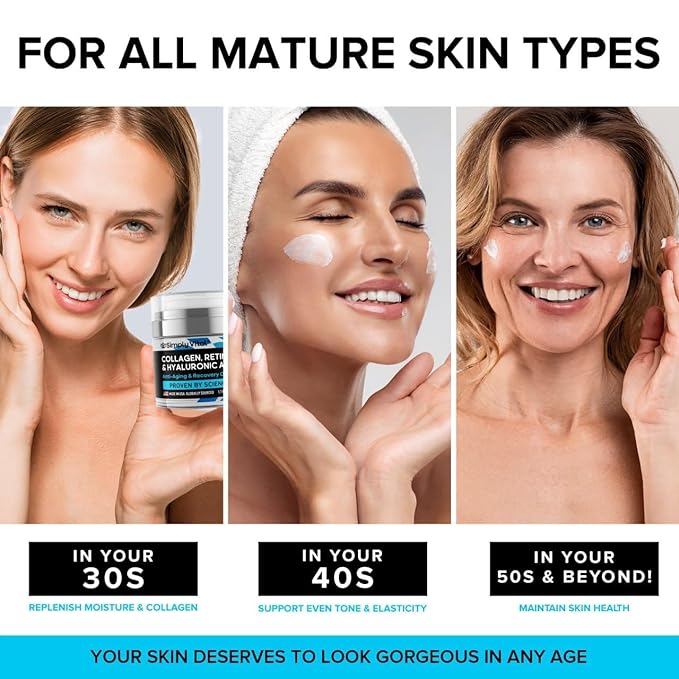

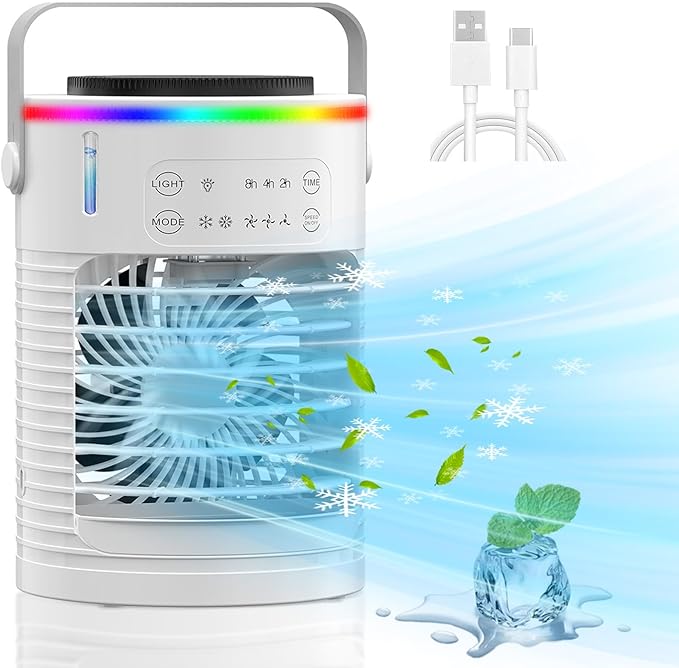


2 Comments